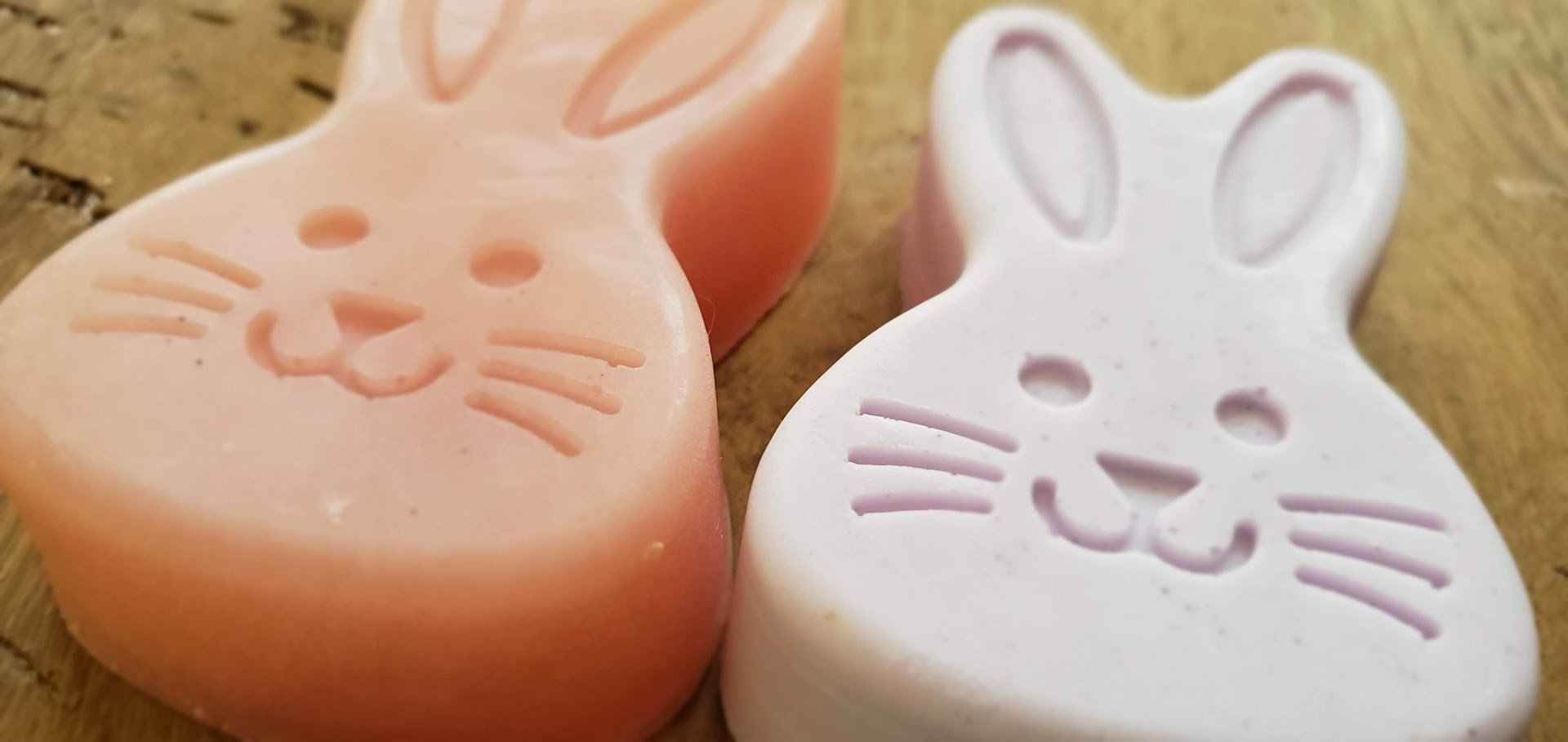Perhaps one of the most important questions that someone thinking of starting a business (or adding a new line to their existing business) is: Will you make money? Or as Gary put it: Can you compete and still make a reasonable return on your investment?
This is an easy, yet hard question. Often, people will look at their raw costs of what went into a product and stop there. But that’s just the beginning. Let’s continue our soapy story and explore this further.
The first question is how much does it cost me to make soap? Let’s take a look at some simple recipes. One of the simplest ones on there calls for lye, olive oil, shea butter, and castor oil. I have to look to see how much I would use of each for a batch of soap and use some math to figure out the cost. For example, if I bought this olive oil, it costs me $14.97 for 32 ounces (we’ll ignore sales tax for now). The recipe calls for 21 ounces of olive oil. So one batch per this recipe will cost me approximately $9.82 cents. Assuming that I can get 10 bars of soap from this batch, that will be $0.98 of olive oil alone for one bar of soap. That already gets me to the price of a bar of Zest at the Dollar Store. Clearly, this goes back to my prior post that I cannot pretend to compete with Zest head-to-head. Also, economies of scale are going to matter here. Buying in bulk will help, but I’m not ready for a 30 gallon drum of olive oil to sit in my basement awaiting use.
Once I add up all the hard costs, I have my basement costs, but do not stop here. I repeat DO NOT STOP HERE! You are forgetting about lots of other costs, like what are you packaging it in? How are customers receiving them? Do I need to include costs for postage or vendor fees when figuring out my potential for profit? How about the costs of those molds and tools? They weren’t free, and if they were, their replacements won’t be.
Once you get all of those costs, don’t forget the most important cost: The cost of time. How much time did I spend creating the soap? I need to account for that. This is where a lot of people who start businesses from a hobby stumble. They have been making something for fun and when it is being converted to a business, they forget to account for their time.
Why is it important to account for time – even if it is a side gig? First and foremost, if I ever plan on hiring someone to make the soap, I need to already have that built in. What if this soap making endeavor actually succeeds? I’m going to need help. Second, because I made soap, I didn’t do something else. Opportunity cost is a thing. Or, to put it another way, if I say yes to one thing, I have to say no to something else. There is a price to that.
If it took me an hour to make soap; I can look at that cost of time two different ways. First, I could look at what I could have made if I hadn’t used my time to make soap. With a billing rate of $250+ an hour, I could say that is my cost. But, holy moly, that is going to be one expensive bar of soap with labor costs equaling $25 a bar. That soap better make me not only clean and smell pretty, but it better be able to write a pretty darn good contract at that price.
Another way to price it is alluded to above: How much would I have to pay someone else to make it as my employee. Depending on your approach to life, this may be minimum wage or something higher. Whatever it is, it’s going to impact how much I can profit per bar of soap sold.
I need to make money, but, as you can see, I can’t just add a dollar to the price of the ingredients that I put in and call it a day thinking I’ve recouped my costs and then some. I actually need to do math and determine if 1) I can make money or will the costs of creating a bar of soap be more than I can sell it, and 2) even if it is, is that amount that I make worth more than other things I can be doing with my time?
Aw man, I thought starting a business was going to be fun. Now I’m having an existential crisis about my own value. Just in time for the holidays! Anxiety and questioning of one’s worth – it’s the never ending gift!

